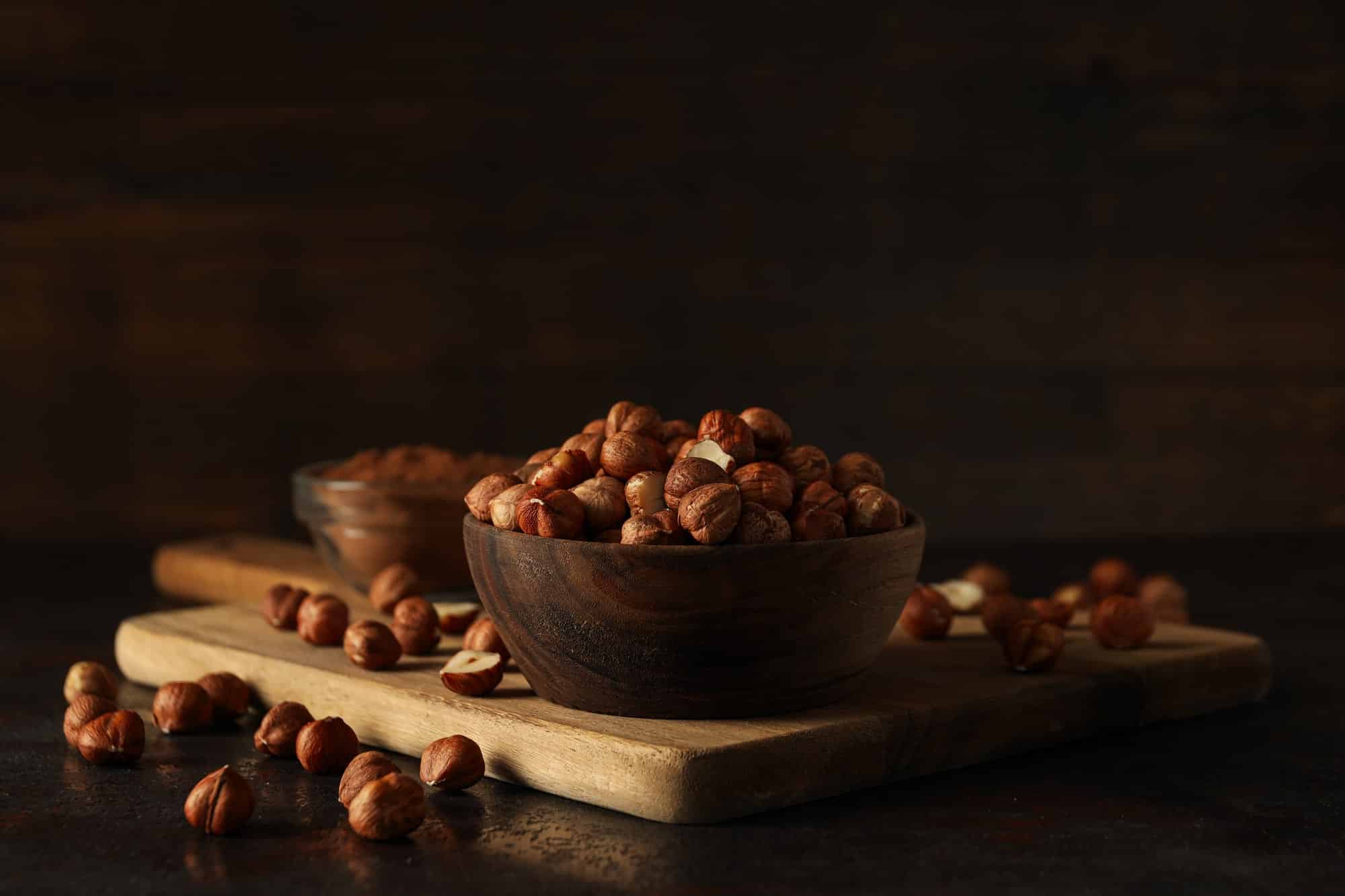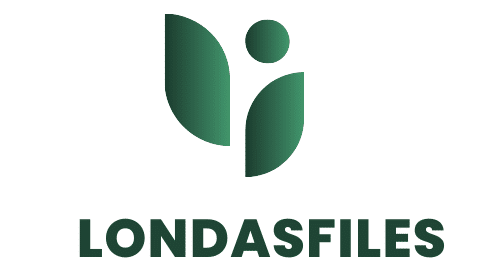How to Tailor Nutritional Interventions for Optimal Muscle Repair in Gymnasts?

Whether you’re an athlete, a coach, or just someone interested in health and fitness, the importance of nutrition in enhancing muscle repair and recovery cannot be understated. This article provides a comprehensive guide on how to tailor nutritional interventions to optimize muscle repair, particularly for gymnasts whose training often entails strenuous exercises that subject the body to considerable physical stress. We’ll delve into the role of dietary protein, the significance of adequate energy intake, and the impact of nutritional timing on muscle recovery and overall athletic performance.
The Role of Protein in Muscle Recovery
Protein is a vital nutrient in every athlete’s diet, and gymnasts are no exception. It’s not just about the amount of protein you consume, though, but also the quality and timing of your intake.
Also to read : What’s the Best Post-Workout Recovery Routine for Competitive Rock Climbers?
Protein is made up of amino acids, often referred to as the "building blocks of life." These essential compounds aid in muscle repair and recovery, promoting muscle growth and reducing muscle soreness after intense training sessions. Athletes, particularly those involved in demanding sports like gymnastics, need a higher protein intake than the average person to support their increased rate of protein synthesis and breakdown.
The recommended protein intake for athletes ranges between 1.2 and 2.0 grams per kilogram of body weight per day. This allows for adequate muscle repair and growth without risking negative health effects associated with excessive protein consumption.
Topic to read : What Are the Latest Techniques in Mental Skills Training for Professional Tennis Players?
The quality of the protein consumed is also crucial. High-quality proteins, such as those found in lean meats, dairy products, and eggs, contain all the essential amino acids needed for optimal muscle repair and growth.
Energy Intake and Athletic Performance
Maintaining an appropriate energy intake is vital for athletes to support their training and ensure optimal performance. Insufficient energy intake can hinder recovery and lead to muscle loss, negatively affecting an athlete’s performance.
Energy needs vary depending on the athlete’s weight, gender, training intensity, and duration. As such, gymnasts require a higher energy intake compared to less active individuals to match their increased energy expenditure.
Carbohydrates play a central role in meeting these energy needs. They are the body’s primary source of energy, fueling muscle contractions during exercise. Gymnasts, therefore, need to ensure they are eating enough carbohydrates to replenish their glycogen stores and sustain their performance during training.
The timing of carbohydrate intake is also important. Consuming carbohydrates before, during, and after training can help optimize glycogen stores and facilitate quicker recovery.
The Impact of Nutritional Timing on Muscle Recovery
Nutrition timing—when you eat in relation to your exercise—can significantly affect your muscle recovery and athletic performance. In particular, eating protein and carbohydrates before and after training can maximize muscle protein synthesis and glycogen repletion, respectively.
Implementing a post-workout recovery meal or snack that includes high-quality protein and carbohydrates within the first two hours after training can enhance muscle repair and promote glycogen repletion. This can help speed up recovery and improve subsequent performance.
Moreover, athletes should also consider their hydration status. Dehydration can impair performance and recovery. Drinking enough fluids before, during, and after training, especially when exercising in hot environments, can help maintain hydration status and support optimal athletic performance.
Individualizing Nutritional Interventions
There is no one-size-fits-all approach to nutrition for athletes, and gymnasts are no exception. Individual factors such as age, weight, gender, health status, and training intensity all influence nutritional needs. Therefore, dietary interventions should be tailored to the individual to ensure optimal muscle repair and recovery.
It’s also worth noting that nutritional needs can change over time. Regular reviews of an athlete’s nutritional plan can help identify any necessary adjustments to better support their health and performance.
Working with a registered dietitian or a sports nutritionist can be beneficial in tailoring a dietary plan that suits the athlete’s unique needs. These professionals can provide evidence-based advice and practical strategies to help gymnasts meet their nutritional needs and support their performance and recovery.
In conclusion, achieving optimal muscle recovery in gymnasts involves a combination of adequate protein intake, sufficient energy consumption, optimal nutrition timing, and individualized dietary interventions. With the right nutrition strategy, gymnasts can boost their performance, speed up recovery, and enjoy a healthier relationship with food and exercise.
The Influence of Dietary Supplements on Muscle Repair
Dietary supplements play a significant role in sports nutrition, and gymnasts often rely on them to ensure they are meeting their nutritional needs. They are used to augment the diet and provide nutrients that may be consumed in less than recommended amounts, such as vitamins, minerals, amino acids, and essential fatty acids.
Athletes are frequently advised to consider dietary supplements to improve their performance and recovery. For instance, creatine, a popular supplement among athletes, can boost strength and power, enhance muscle protein synthesis, and promote muscle recovery. Additionally, branched-chain amino acids (BCAAs) are often used for their potential to stimulate muscle protein synthesis and reduce muscle damage following strenuous workouts.
Supplements that contain protein, such as whey or casein, can also be beneficial for gymnasts. These products can provide a convenient source of high-quality protein, supporting muscle repair, and growth. They are particularly useful when whole food protein sources are not readily available or when an athlete has difficulty meeting their protein needs through food alone.
Nevertheless, while supplements can provide added convenience and assurance, they should not replace a balanced diet. Whole foods provide a complex matrix of nutrients that can’t be replicated in a supplement. Thus, it’s crucial to prioritize a well-rounded diet first and consider supplements as an adjunct to an overall healthy eating plan.
The Importance of Body Composition and Bone Health
Body composition is another factor that can influence an athlete’s performance and recovery. It refers to the amounts of fat, bone, water, and muscle in the body. For gymnasts, who often need to maintain a specific body weight or shape for their sport, keeping an eye on body composition can be particularly important.
Excessive weight loss or a high body fat percentage can impede performance and potentially lead to health issues such as the female athlete triad – a syndrome of energy deficiency, menstrual disturbances, and low bone density. Maintaining an appropriate body composition ensures optimal athletic performance while minimizing the risk of injury and health complications.
Bone health is also crucial for gymnasts. These athletes are often at risk of bone injuries due to the high-impact nature of their sport. Therefore, a diet rich in bone-supporting nutrients such as calcium and vitamin D is vital.
In recent years, certain dietary patterns, like the gluten-free diet, have been explored for potential performance and health benefits. However, it’s essential to consult with a healthcare professional before making significant dietary changes as these diets may lack certain nutrients if not appropriately planned.
Conclusion: The Key Elements of Optimal Nutrition for Gymnast
Achieving optimal muscle repair and recovery in gymnasts requires a comprehensive approach to nutrition. This includes not just adequate protein intake, but also sufficient energy consumption, proper nutrition timing, the appropriate use of dietary supplements, and maintaining a healthy body composition and bone health.
Each individual gymnast has unique nutritional needs, influenced by factors such as body weight, age, gender, and training intensity. Therefore, dietary interventions should be personalized to the individual. Regular reviews of an athlete’s nutritional plan and seeking the advice of a registered dietitian or a sports nutritionist are beneficial steps to ensure these needs are being met.
By prioritizing these areas in their nutrition strategy, gymnasts can not only improve their athletic performance and speed up recovery but also maintain a healthier relationship with food and exercise in the long term. In the competitive world of gymnastics, a well-planned and personalized nutritional strategy can be a game-changer.
